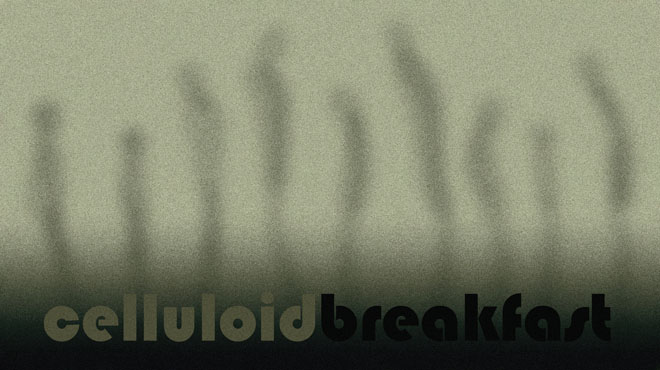The film is an adaptation of a play by Marieluise Fleißer, and carries much of the expected theatricality in its mise-en-scène. Fassbinder’s angle on the play is led by gender stereotypes, and he uses his burgeoning film style to experiment with these conventions. The soldiers’ presence in the town is seen as intrusive, almost unwanted, but charged with erotic potential. Men are simultaneously portrayed as heroes and beasts, lycanthropes whose desires get the better of them at night, while the women’s envy is borderline Freudian. The bridge, too short to necessitate much attention, provides a symbol for the relation between the military and small-town Germany, while another motif, a moonlit park bench, provides a setting for various dalliances, sexual and romantic. It might not be a classic, but Pioneers In Ingolstadt is vital viewing for the Fassbinder fanatic.






No comments:
Post a Comment